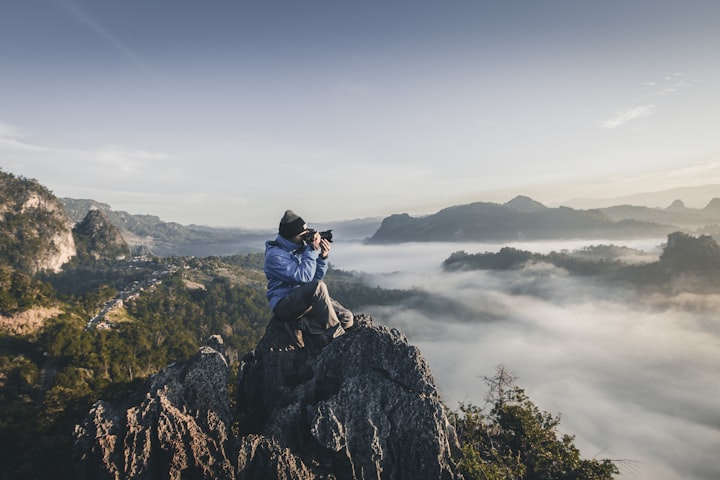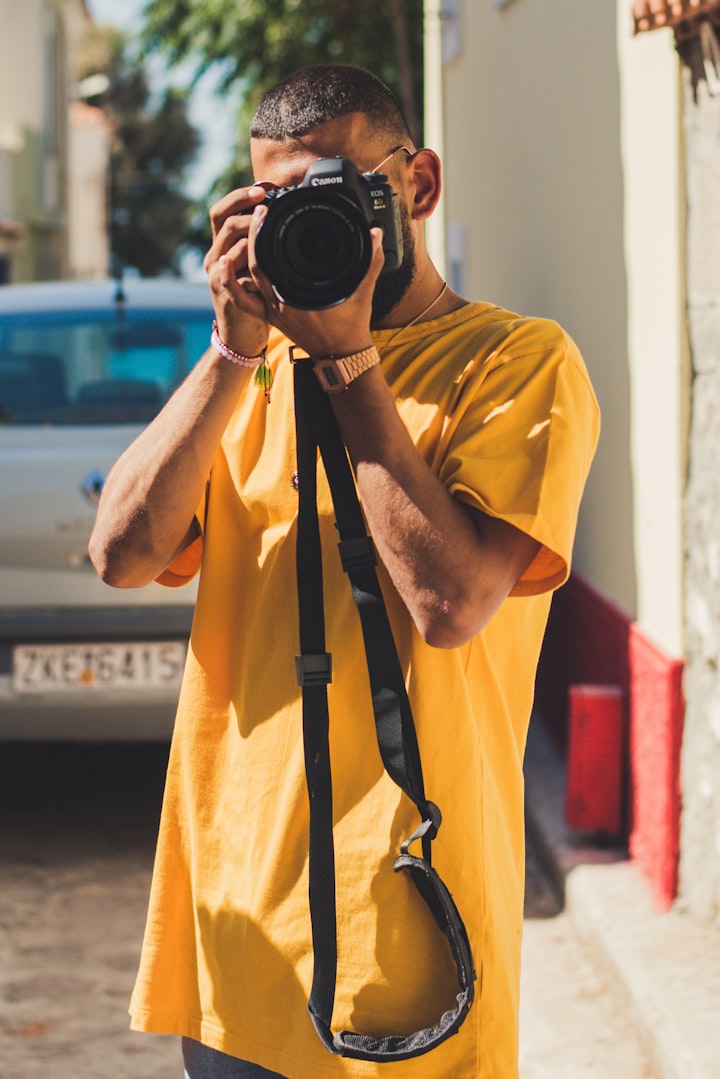How to Copyright Your Images
When, How and If You Want To

Just click the shutter.
That’s it. You now own the copyright to that image. Within certain restrictions. And before we go any further, I am not an intellectual property attorney, nor do I play one on TV. But I am a photographer with 15 years of experience taking and selling a portfolio of around 50,000 images. So, to paraphrase the State Farm ad, I know a lot, because I’ve seen a lot.
Also, note that everything in this article pertains to the United States. Many countries have similar laws but check in your jurisdiction before assuming facts in this article apply to you.
So, let’s get back to that shutter click. Under the Federal Copyright Act of 1976, photographs are protected by copyright as soon as they are taken. For the most part, this means that as soon as you take the shot, you own all legal rights to it. Take a picture of your neighbor’s cat? You own the copyright. Take a picture of your neighbor, you own the copyright. Shoot a wedding and give every image you shot to the bride? You own the copyright.
Unless.
If you are employed by someone to take the images, such as a press photojournalist, then the employer owns the copyright. This isn’t the same as shooting for hire, say, at a wedding. In that case, unless you specifically assign the rights to the client, you still retain all rights to the image.
One thing I should stress and point out here. I said above that the rights are yours unless you assign the rights to another, but in most cases, it would avoid confusion and problems later, if you would state the opposite in the contract. For instance, the photographer retains all rights to images take as part of this contract.
Consult with an attorney as to the correct language, but the point is, many people think they have bought the rights to images when they hire you to take the photographs and take possession of copies. This is not true.
I shoot a lot of stock photography. And when I sell an image or place it with an agency, I am giving them certain limited rights to use the image. I am not giving them all rights to the image. I would gladly do so, but they’re going to have to pony up considerable money for that right.
What most people confuse with the copyright of an image is registering that copyright. Before I go further, I need to repeat, you do not need to register your image with the U.S. copyright office to own the copyrights. You already have that. What you are doing when you register the copyright is protecting greater rights if you have to go after someone for stealing your work.
Whether you register or not, you can still legally go after someone who steals your work. But your settlement will be limited to actual damages. What this means exactly will vary depending on circumstances, but in a nutshell, you can’t go after the big bucks. You would only end up with what you might normally earn from such an image.
If you do register your image, you can go after statutory damages, which could be considerable. But is that possibility worth the effort? Many professional photographers feel that it is.
To me, it’s just not. I know this won’t be a popular sentiment, but I’ve made the effort in the past and the return on investment just isn’t there for me.
Let’s take a look at some real-world cases. As I said above, I have a portfolio of over 50,000 images and about 30,000 of them are out there for sale using various mechanisms. I have sold somewhere over half of them. Have any of them been stolen? Yes. But by who, for what, and what can I do about it? Probably not much. If some webmaster in a country somewhere on the planet steals one of my images, what would I do about it? The best-case scenario is I have a lawyer send a cease and desist order and they take it down.
Could I sue? I don’t know. Who? For how much? Where. See where I am going with this? Unless you are Ansel Adams and your stolen image ends up on the cover of National Geographic, the reality is, it’s not going to be worth the trouble.
Yes, I have read the same articles about some photographer getting some massive settlement against someone who stole their image. But what percentage of all stolen images is that? I don’t think I can calculate a number that small.
It will also depend on the type of rights you sell. If you sell using a rights-managed model, then you know exactly who has the right to use your images. In that case, finding someone who uses it illegally is much easier. And since most rights-managed sales are more expensive, it is probably worth the effort. There are also companies out there that can find and help get settlements.
80% of my sales are through agencies using a royalty-free license. This means in most cases, I don’t know who the ultimate client is. This model is based on volume, not individual sales for a specific use. Many photographers don’t like this model for exactly that reason. But many of them who have watched the declining market for rights-managed have come over to the dark side.
You do you. If you feel that strongly about the integrity of your work and the ownership of your images, by all means, take the time to register them all, hire a good IP attorney, and sue the bastards.
Me? In less time, I’m going to shoot another few hundred images and make the money back that way. If you want to pursue legal registration of the copyright on your images, you can find full information here.
https://www.copyright.gov/circs/circ42.pdf

About the Creator
Darryl Brooks
I am a writer with over 16 years of experience and hundreds of articles. I write about photography, productivity, life skills, money management and much more.






Comments
There are no comments for this story
Be the first to respond and start the conversation.